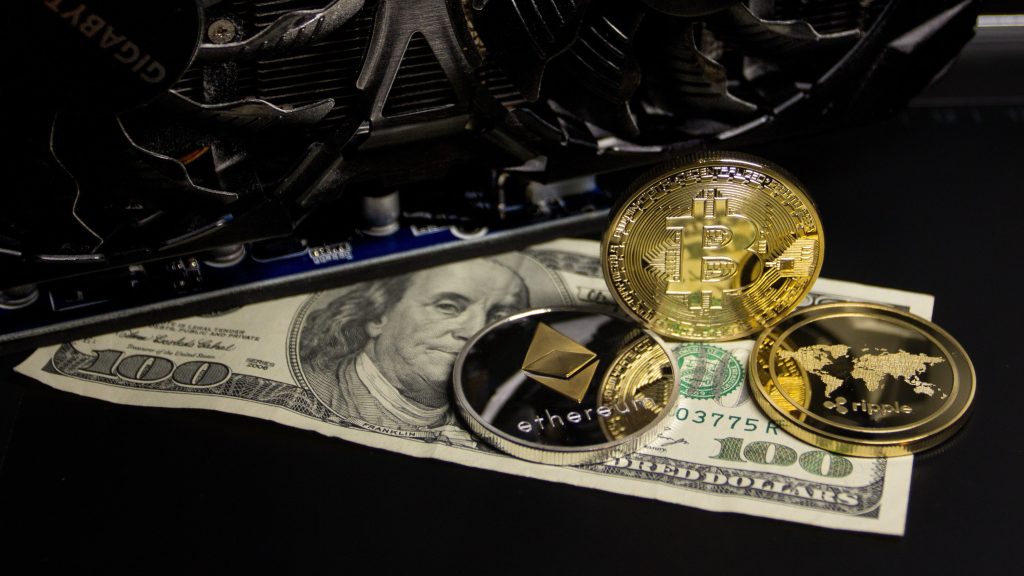With the emergence of Initial Coin Offerings proving to be a quick way to raise big money, it’s not hard to see why founders are turning away from the traditional capital raising model.

When I started my own company in 2019, I had already worked as the Managing Director of two other startups. All three companies needed seed funding, which has given me my fair share of experience in early-stage traditional capital raising, particularly in Australia. I was pretty green in the beginning, and as a result, I met some interesting characters and had some not-so-great experiences. I’ve gone through endless game-playing, demands for excessively detailed data rooms and what I like to call the ‘drag-it-out’ scenario – where those with the money try to fatigue you in the hopes that you’ll hand over control of your company in exchange for a very long nap and a lot less money.
This has been my experience, and by no means am I throwing a blanket opinion over the entire Australian venture capital (VC) landscape. I have no doubt that there’s great Angel Investors and VCs out there – but with the emergence of Initial Coin Offerings (ICOs) proving to be a quick way to raise big money, it’s not hard to see why founders are turning away from the traditional capital raising model.
In short, an ICO is basically the cryptocurrency world’s version of an IPO, but without any of the traditional barriers that naturally prevent an early-stage company from accessing large funding. To launch an ICO, a company creates a cryptocurrency and sets the parameters upon which the ICO and buying of that cryptocurrency can take place. The control is squarely in the hands of the start-up, unlike the traditional capital raising power imbalance where those with the money usually call the shots. With ICOs, startups can set everything in advance from the ICO date, the rules, vesting terms, pre-sale pricing and so on – all of which is usually contained within their whitepaper along with other information such as the product idea, roadmap, team etc. When the ICO launches, the startup’s cryptocurrency is made available for pretty much anyone to buy via exchanges. Whilst it is akin to crowd funding, it differs enormously when it comes to the results.
Now, whilst there’s usually a decent amount of effort put into an ICO whitepaper, which effectively acts as the company’s ICO information memorandum, it’s nothing in comparison to the slow and arduous traditional VC route. You don’t need to have detailed data rooms or do the investor ‘roadshow’ typically required to drum up Angel Investor or VC funding that, let’s face it, is nowhere near the kind of substantial funding that ICOs are producing. What’s more, ICOs are enabling startups to raise millions of dollars, but without having to sell equity in their company. As someone who was told by an Australian capital raiser a couple years ago that I needed to accept giving up 30%-50% of my company’s equity in exchange for seed funding of AUD$2 million, the ICO route started to look like a no-brainer to me.
I know there’s a lot of skeptics out there when it comes to crypto and ICOs, but the substantial funding results, as well as the huge amount of VC money being poured into crypto startups, is hard to ignore. Startups such as Fireblocks, who raised US$550 million at valuation of US$8 billion, or Yuga Labs who raised US$450 million at a US$4 billion valuation, are just a couple examples of what an ICO can produce for a startup that has the combination of a well-thought out idea and the right people behind it – and whilst not every startup is going to have these kinds of results, the average ICO raise amount, which is equivalent to ‘seed funding’ in capital raising terms, seriously out performs its more traditional counterpart. For example, in 2021 the average ICO in the USA attracted US$10.42 million. In Taiwan the average was US$47.56 million.[1] The effort versus reward ratio is outstanding when compared to the equity-based seed funding model in Australia – which is generally considered to equate to funding of between AUD$500k to AUD$4 million dollars, with valuation ranges between AUD$3 million to AUD$20 million.[2]
But the benefits of ICOs aren’t just for startups, obviously. As of a couple months ago, 2022 VC investments into crypto startups reached US$18.3 billion, well exceeding 2020 figures and on-track to out-perform the $US32.4 billion invested in 2021.[3] Yes, there’s higher risk, but clearly there’s a lot of VCs out there that can see what’s coming. With cryptocurrency users growing at around 80% per year, making it the fastest adopted technology in recorded human history (faster than the internet) it’s likely that what we’re actually witnessing is the genesis of a win/win funding model for both startup and investor, one which I think is going to eventually extinguish the traditional equity-only investor model for good.
Richelle Nicols is the CEO and founder of Nicco Global and Nicol Token.
1 https://www.mdpi.com/1911-8074/14/12/599/htm
2 https://jamesoutloud.com/vc/australian-venture-funding-hit-9-6b-in-2021/
3 https://fortune.com/2022/07/27/crypto-winter-crypto-vc-investments-fundraising/